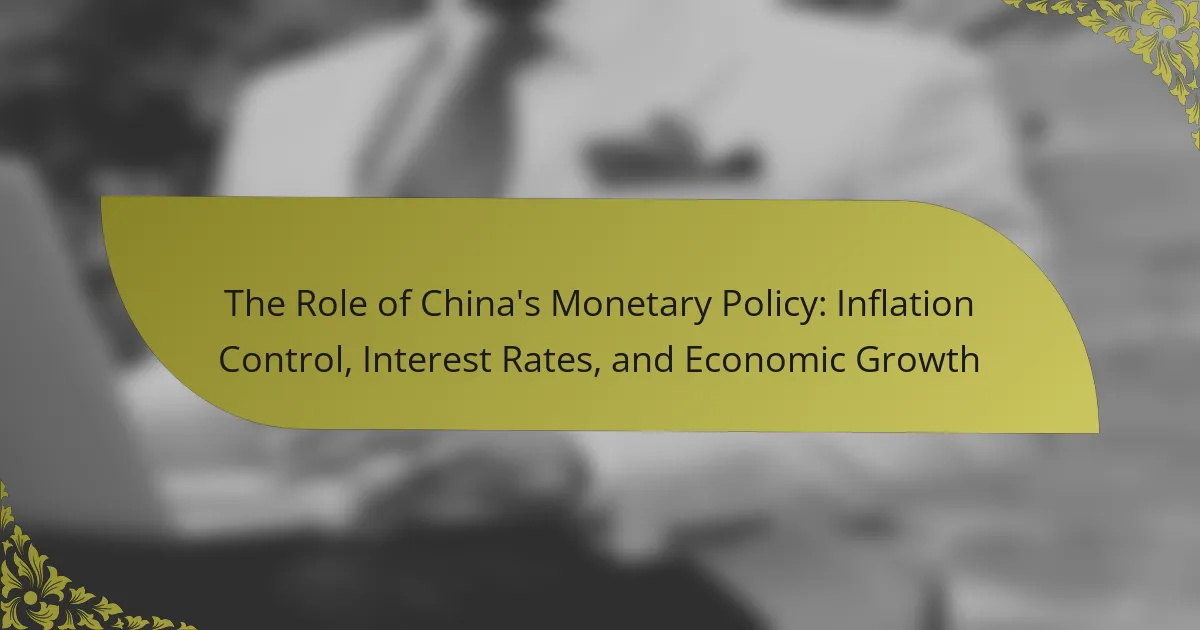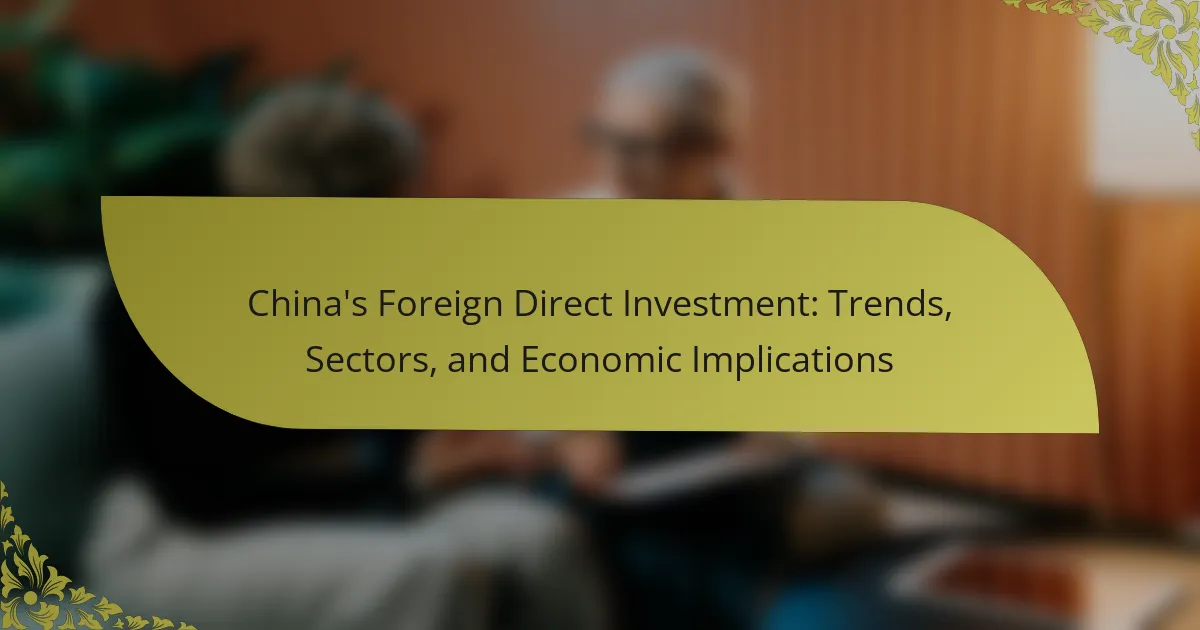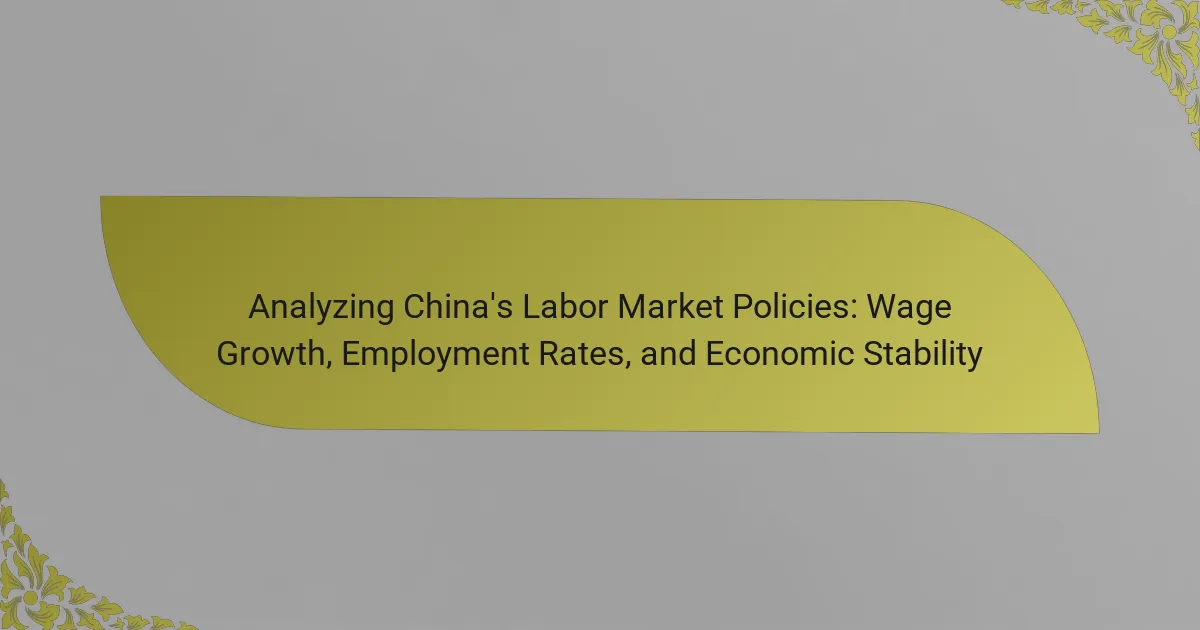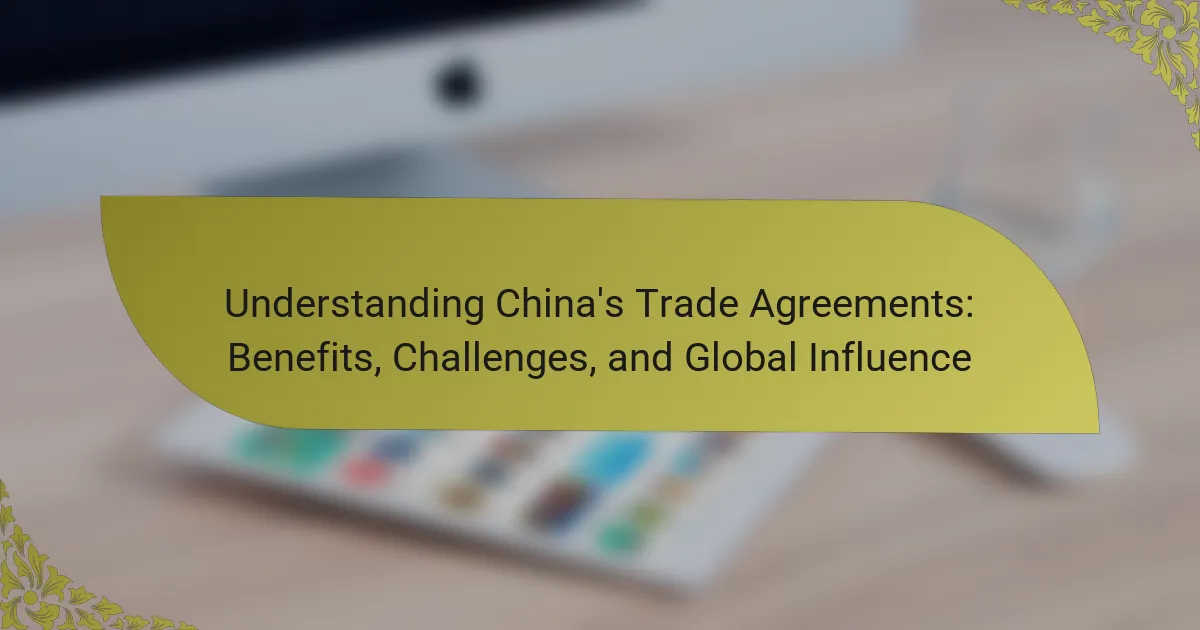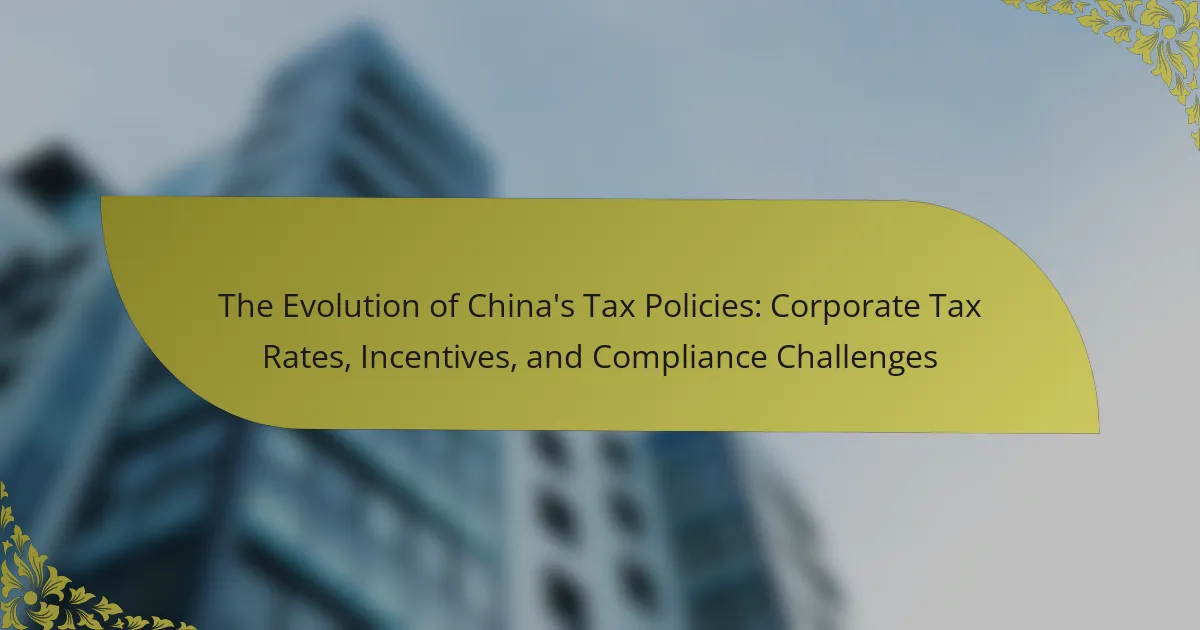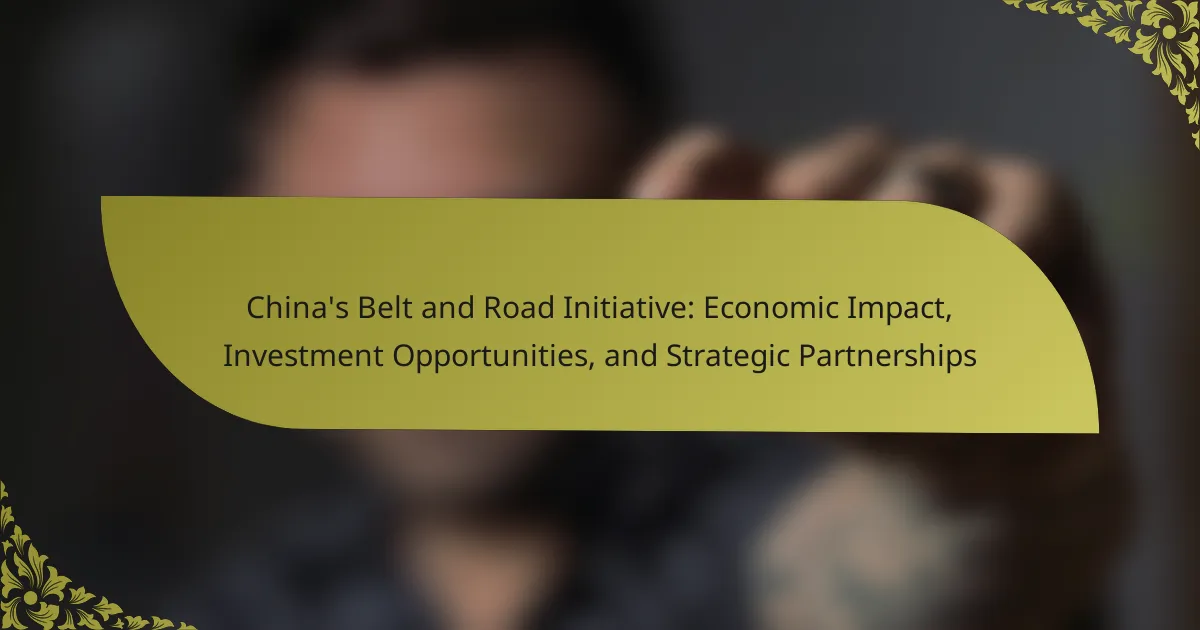
The Influence of China’s Environmental Regulations: Sustainability Goals, Economic Impact, and Industry Adaptation
China’s environmental regulations are a comprehensive framework of laws and policies designed to safeguard the environment and foster sustainable development. Key components include the Environmental Protection Law of 2014, which enforces stricter penalties for violations, and the Air Pollution Prevention and Control Action Plan, aimed at improving air quality. These regulations significantly influence the economy,…
